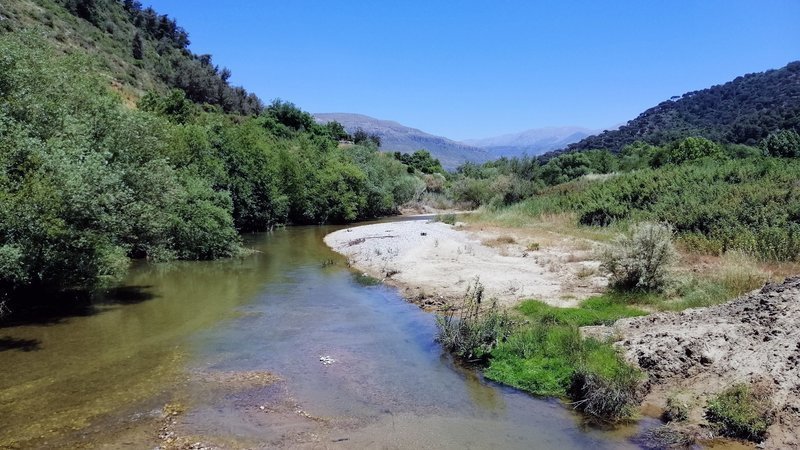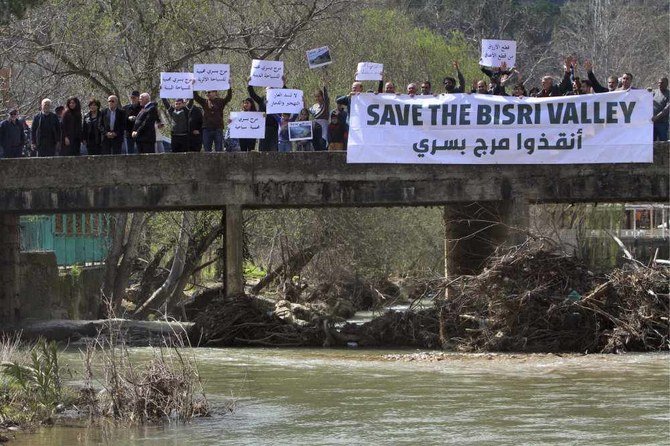
The World Bank said it had canceled $244 million in undisbursed funds for the Bisri Dam project in Lebanon. In a statement, the World Bank said it had notified the Lebanese government about its decision, which takes effect immediately. It said it has also repeatedly underscored the need for “an open, transparent and inclusive consultative process.” The World Bank committed $474 million to fund the project, of which $244 million have not yet been disbursed.
As usual the World Bank failed to identify major environmental and social risks associated with the project and for years was reluctant to listen to citizen activists protesting the dam construction.
Initially approved by Lebanon’s government in 2015 at a total cost of $617 million, the dam had long sparked criticism from environmental activists, who also claimed that many cheaper and less destructive ways to supply water to Beirut have not been assessed by dam proponents. Concerns about large infrastructure projects have spiked since the massive port explosion in Beirut on Aug. 4 that killed more than 190 people.
Activists opposed to the project, about 35 km south of the capital, say the dam is fraught with technical and corruption issues. Lebanon’s politicians are notorious for using projects to pass out lucrative positions to their supporters to skim off cash or otherwise profit.
“It represents everything we have been fighting against, it is a model of the confessional patronage system that has led to Lebanon’s demise,” says Roland Nassour, co-founder of the Save the Bisri Valley Campaign.
In a recent letter to the World Bank, the campaign organizers reiterated their call to cancel the project, drawing a parallel between failed dam projects in Lebanon and the explosion, describing both “as a major lack of integrity in the public sector.”
“This is one of the few projects left that the politicians and companies they hire can capitalize on and make money from,” said Elias Hankash, a parliament member who resigned after the blast and has opposed the project from the beginning. “Is it possible that today, a bankrupt country like Lebanon takes a multi-million-dollar loan to build a dam?” he said.
The World Bank began raising concerns about the slow pace of the project to build the large dam in the Bisri Valley only in January 2020, and put funding for the program under partial suspension on June 26 after it has already has disbursed USD 230 million.
The Bank said the Lebanese government had failed to address questions about an ecological compensation plan and arrangements for operations and management of the dam. The contractor also had not been mobilized at the site, it said.

After evading responsibility for problems it created, the Bank shamelessly stated it remained ready to work with Lebanese authorities to see how existing loans, including undisturbed amounts from the canceled Bisri project, could be used most effectively to respond to the emerging needs of the Lebanese people following the port explosion.
It is a high time for the World Bank to learn the lesson, that in the modern world almost any pressing problem can be solved without building costly destructive water infrastructure, especially large dams.
How many more dams the World Bank needs to fail to stop this monkey-business?
Sources: World Bank,

